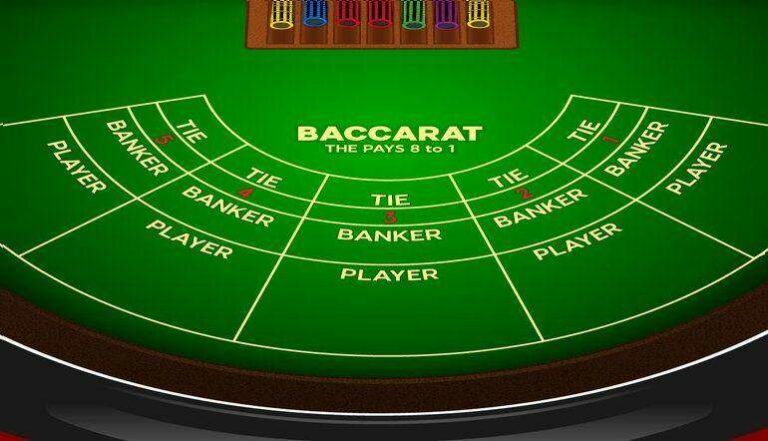Broadcasters Say Betting Advertising is Crucial to the Future of Irish Racing
Leading horse racing broadcasters say the introduction of a gambling advertising watershed could be devastating to the future of Irish horse racing.
Racing TV and Sky Sports Racing claim proposals to ban betting advertisements between 5.30 am and 9.00 pm would make coverage of the sport in Ireland economically unviable.
James Browne, the junior minister responsible for drafting the new Gambling Regulation Bill, recently accused broadcasters of overstating the impact the ban would have on racing.
Racing TV’s parent company, Racecourse Media Group (RMG), subsequently argued that Browne’s comments about the costs of providing feeds with different advertising were ill-informed.
Martin Stevenson, RMG’s Chief Executive Officer, told the Racing Post: “Racing TV is a small, independent broadcaster which simply does not have the scale and facilities to regionalise our coverage and offer feeds with different advertising.
“Major broadcasters, whom the minister may have spoken to, will have far greater resources and technology at their disposal to run their much larger and more complex businesses. It is not economically viable for Racing TV to deploy this technology.
“To continue broadcasting in Ireland without bookmaker advertising would require us to invest in a separate satellite network to run a separate channel for Ireland, which would cost circa €1 million per annum.
“Once you factor in separate studio space, gallery, staffing, uplinks and downlinks, the cost would be in the region of €2m per annum. At that level it becomes unviable to service the Irish market.”
Browne poured further fuel on the fire by claiming that racing broadcasters could fill the void created by the proposed watershed by attracting advertisers from outside the sport.
However, many industry experts insist that horse racing and the gambling industry are joined at the hip, making them ideal bedfellows from an advertising perspective.
Numerous betting sites in Ireland currently promote their platforms on Racing TV and Sky Sports Racing, and their ongoing investment is crucial to the sustainability of the sport.
Denying them the opportunity to plough money into horse racing could be catastrophic, not only to the sport but also to the economy in Ireland.
The Irish horse racing industry delivered almost €2.5 billion to the Irish economy in 2022 – a 34 percent increase compared to the last report conducted six years earlier.
More than 30,000 people are employed in the Irish horse racing industry, with almost 4,000 of that number working in breeding operations.
Only Gaelic Athletic Association (GAA) events attract bigger annual attendances than horse racing in Ireland, further highlighting the sport’s popularity.
While the racing industry is understandably worried about the affect the advertising watershed could have on the sport, some senior government officials are less concerned.
They include Micheal Martin, who recently told a media briefing that the Irish racing industry is strong enough to operate without the same level of betting advertising revenue.
He dismissed claims that jobs will be lost and praised Browne for his work in piecing together the new Gambling Regulation Bill.
“I think James Browne has worked very diligently and effectively in producing a very comprehensive piece of legislation, to his credit,” Martin said.
“He has a lot of respect across the Oireachtas in respect of this and I don’t believe the fears (relating to job losses) will be realised.
“I read an article in which James sets out very clearly the arguments as to why he believes some of the fears that are being articulated will not be realised.”
Supporters of the new bill have pointed out that trackside gambling advertisements will not be included in the proposed ban, while race sponsorship by betting firms will also be allowed.
Jockeys’ silks can also be sponsored, but whether that will be enough to ensure Irish racing continues to benefit from its lucrative partnership with the betting industry is open to debate.
Given horse racing’s lofty status in Ireland, the proposed bill may need to be tweaked significantly to ensure the damage to the industry is minimised.














